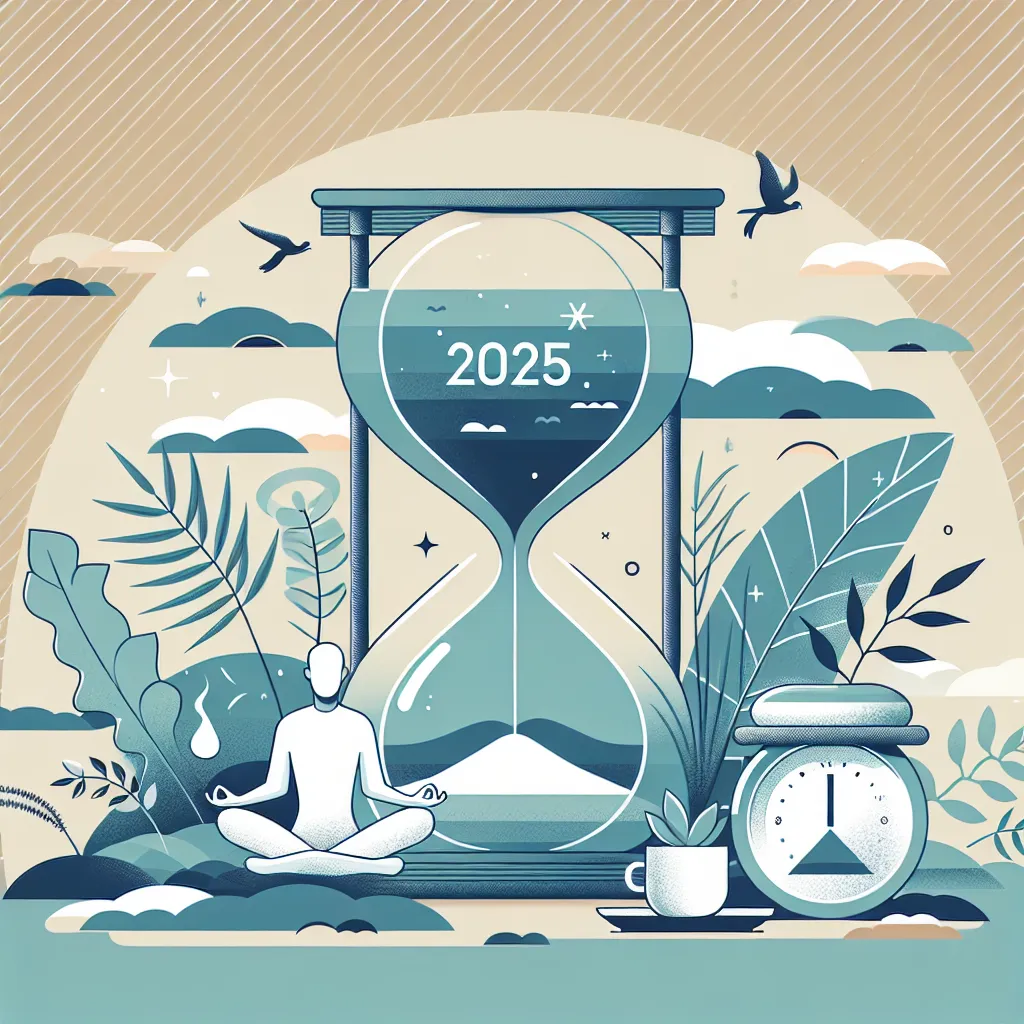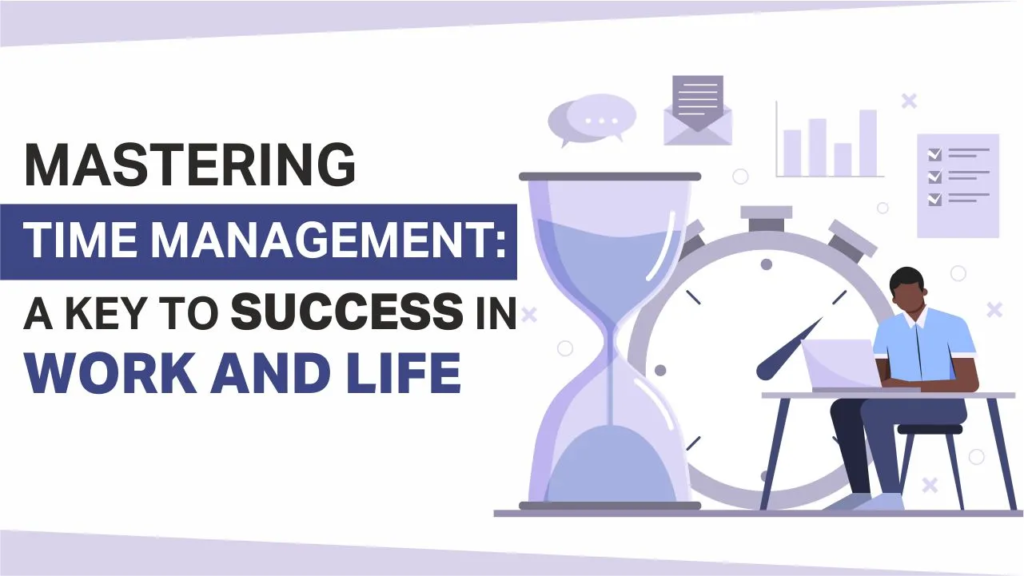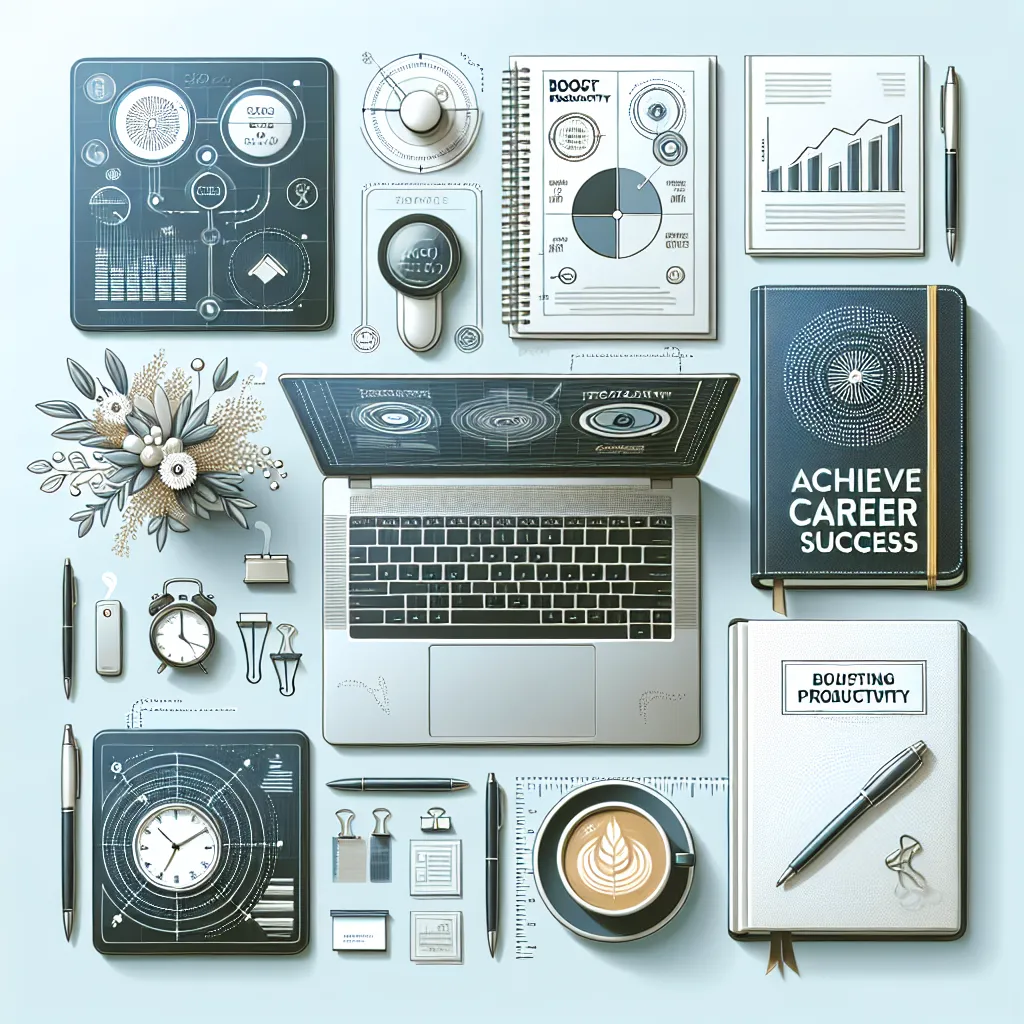Last updated: June 2024
In today's fast-paced, hyper-connected world, personal growth often takes a back seat to deadlines, notifications, and digital distractions. Yet, as technology continues to evolve, so do the ways we can harness it to foster self-awareness and well-being. Mastering mindfulness techniques in 2025 means blending ancient wisdom with cutting-edge digital tools to unlock your full potential. Whether you're a tech enthusiast, a remote worker, or someone seeking balance, this guide reveals how mindfulness can transform your life—one conscious moment at a time.
Why Mindfulness Matters for Personal Growth in 2025
Mindfulness isn't just a buzzword—it's a scientifically backed approach to enhancing focus, reducing stress, and nurturing emotional intelligence. As digital technologies permeate every aspect of our lives, practicing mindfulness helps us reclaim our attention and live with greater intention. In 2025, the intersection of mindfulness and technology is more vital than ever for anyone seeking personal growth.
The Science Behind Mindfulness
- Reduced Stress: Regular mindfulness practice can lower cortisol levels and improve resilience.
- Enhanced Focus: Mindfulness techniques increase concentration and reduce digital overwhelm.
- Improved Emotional Health: Being present helps manage anxiety, depression, and emotional reactivity.
- Better Decision Making: Mindfulness encourages clarity, leading to smarter choices in both personal and professional life.
Top Mindfulness Techniques for 2025 (Powered by Technology)
The digital landscape offers innovative ways to integrate mindfulness into daily routines. Here are some of the most effective techniques and tools for personal growth this year:
1. Guided Meditation Apps
Meditation apps have become increasingly sophisticated in 2025, offering AI-driven personalization, real-time feedback, and immersive soundscapes.
- Calm AI: Personalized sessions based on your mood and schedule
- Headspace Plus: Features sleepcasts, focus music, and mindfulness reminders
- Insight Timer Pro: Largest free library of guided meditations and community features
Tip: Set app reminders for micro-meditations: just 2-3 minutes a few times a day can reset your mind and boost productivity.
2. Wearable Mindfulness Devices
Wearables like smartwatches and biofeedback bands help you stay mindful by tracking physiological signals and nudging you toward present-moment awareness.
- Oura Ring 4: Tracks sleep, stress, and heart rate variability for holistic wellness insights
- Fitbit Sense 3: Monitors stress and offers guided breathing exercises when needed
- Muse S (2025 Edition): EEG headband that provides real-time feedback on meditation quality
Tip: Pair your wearable with your favorite mindfulness app for seamless habit tracking and motivation.
3. Mindful Journaling with Digital Platforms
Digital journaling platforms now offer voice-to-text, AI-generated prompts, and mood tracking to deepen your self-reflection practice.
- Day One: Secure, multimedia journal with mood analytics and reminders
- Journey Cloud: Cloud-based journaling with well-being metrics and customizable prompts
- Reflectly: AI-powered journaling that guides you through daily gratitude and reflection exercises
Tip: End your day by journaling three things you’re grateful for—this simple habit rewires your brain for positivity.
4. Virtual Reality (VR) Mindfulness Experiences
VR headsets now transport users to tranquil environments, guided meditations, and interactive mindfulness games. These immersive experiences can dramatically lower stress and foster presence.
- TRIPP VR: Psychedelic-inspired mindfulness journeys for stress relief
- Guided Meditation VR: Over 40 environments to practice mindfulness in stunning virtual locations
- Nature Treks VR: Explore calming natural landscapes and customize your mindful space
Tip: Use VR mindfulness sessions during work breaks to refresh your mind and boost creativity.
Practical Steps to Master Mindfulness in Your Digital Life
Integrating mindfulness into your daily routine doesn't have to be complicated. Here are actionable steps you can follow, even with a busy schedule:
- Start Small:
Dedicate just five minutes each morning to mindful breathing or a short meditation session using your preferred app. - Set Digital Boundaries:
Schedule specific "tech-free" times during the day to disconnect and be present in the moment. Use app timers or Focus Modes to minimize distractions. - Practice Mindful Notifications:
Customize notifications to only alert you for essential updates, reducing digital noise and the urge to multitask. - Reflect Daily:
Use a digital journal to record your thoughts, emotions, and progress. Make this a calming evening ritual. - Join Online Communities:
Connect with like-minded individuals on mindfulness forums or app communities for support and accountability.
Tip: Experiment with different techniques and tools. What works for someone else might not resonate with you—find your unique mindfulness blend!
Common Questions About Mindfulness and Digital Tools
Q1: Can technology really help with mindfulness, or is it just a distraction?
Absolutely! While technology can be distracting, when used intentionally, it becomes a powerful ally. Mindfulness apps, wearables, and VR experiences can guide, remind, and motivate you to stay present. The key is to use digital tools mindfully and set boundaries to prevent overwhelm.
Q2: How do I choose the right mindfulness app or device?
Consider your goals and preferences—do you prefer guided meditations, tracking your progress, or immersive experiences? Look for features such as:
- Personalization (AI-driven recommendations)
- Ease of use and interface quality
- Community support or forums
- Integration with other devices (e.g., wearables, smart home assistants)
Q3: What if I don’t have much time for mindfulness?
You don't need hours each day. Even a few minutes of mindful breathing, reflection, or gratitude journaling can make a significant difference. Many apps now offer "micro-meditations" designed for busy lifestyles.
Q4: Is mindfulness just about meditation?
No! While meditation is a core practice, mindfulness extends to:
- Mindful eating
- Mindful walking
- Active listening
- Being fully present during routine tasks
"Mindfulness isn’t difficult, we just need to remember to do it." – Sharon Salzberg
Conclusion: Your Path to Mindful Growth in 2025
Mastering mindfulness in 2025 is about more than following trends—it's a lifelong commitment to self-awareness and intentional living. By leveraging the latest digital tools, you can make mindfulness accessible, engaging, and sustainable, no matter your lifestyle.
As you integrate these mindfulness techniques into your daily routine, remember that growth is a journey, not a destination. Start small, stay curious, and let technology be your guide—not your master.
Final Tip: Schedule a weekly digital detox to recharge your mind and deepen your mindfulness practice. Your future self will thank you!
Ready to begin? Download a mindfulness app, try a wearable, or simply pause for a mindful breath—your personal growth journey starts now.


